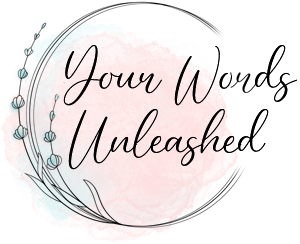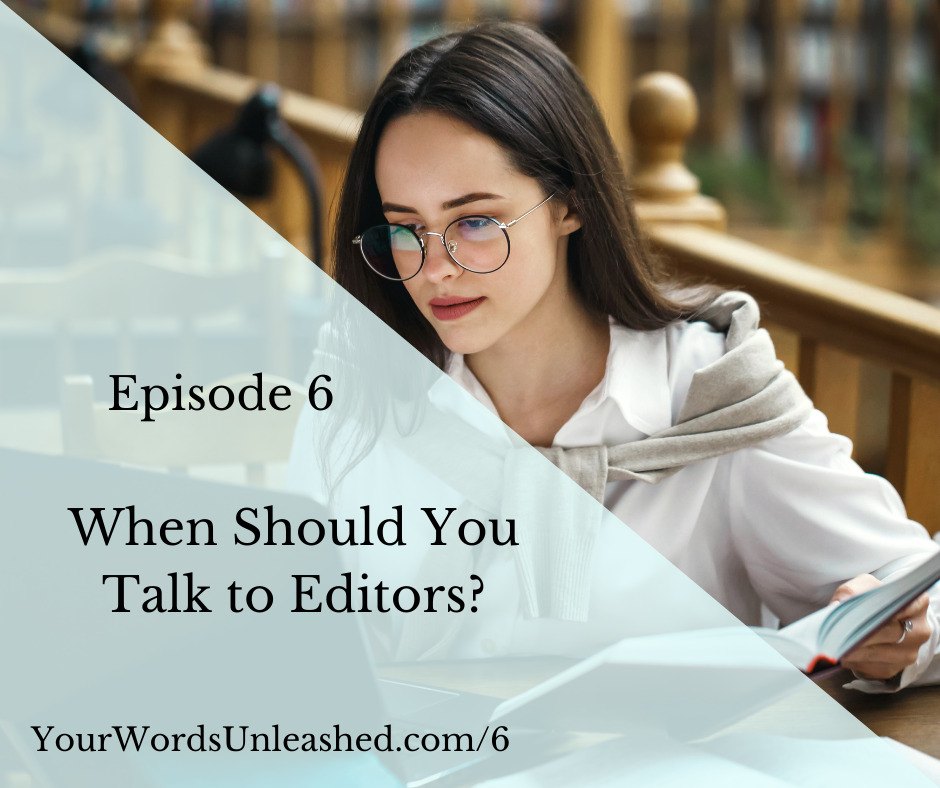Hey there writers!
As you may have realized by now, the act of writing a scholarly book is not the only challenging part of the process. You also need to figure out how to publish your manuscript!
Publishing a book involves a hidden curriculum of knowledge that some have more access to than others—especially those who went elite institutions or whose advisors are well-known and well-connected.
One of the primary goals of this podcast is to help equalize the playing field for academic authors by creating more transparency about each step of the book writing and publishing process.
I want to shine a light on areas that are often obscured from public view and that you can’t find satisfactory answers to just by googling. I wish it could be that easy! And in fact, it should be that easy, but I digress.
My hope is to give everyone—particularly folks from marginalized communities and first-generation scholars—the tools and information to fulfill your book writing dreams.
So today I’m going to address one of the most common questions I get asked as a writing coach, which is “When is the best time to contact presses and start talking to editors?”
On this episode I’ve got answers to this burning question and more!
So before I get into the timing of meeting editors, we need to first start by defining exactly who we’re talking about.
Who are these folks that first-time authors seem so intimidated by? And here, I am totally referring to myself when I was a new author who put editors up on a high pedestal.
But now that I’ve been around the publishing block a couple of times, I see these people—also known as acquisitions editors—as very nice, regular people who are excited by unique stories and interesting ideas.
They want to hear what you have to say and to encourage you.
Just like their title says, their job is to acquire new books for their presses. They also issue contracts and shepherd manuscripts through the review and editing process.
Each press typically has several different acquisitions editors who specialize in certain topics and disciplines.
Acquiring editors are the people you will meet with and the ones who will initially read your materials and decide if they want to send them out for external review.
They are your main advocates at the press. And, if they support your project and your external reviews are positive, they are the ones who will make a case to their colleagues for you to receive a book contract.
So then we get to the question, when should you contact acquisitions editors?
Now, this is one of those areas where everyone will have a slightly different answer based on their own personal experience.
Some authors start talking to editors before they even start writing their book, like when they’ve just completed their dissertations and are thinking about future plans.
Others wait until they have a polished proposal and an entire finished manuscript to have these conversations.
The important thing to know is that there are no hard and fast rules to any of this, and a lot will depend on your comfort level.
If you do choose to meet very early on, the meetings will be more like informational interviews to find out about the press, about the editors, and to assess whether your book will be a good fit for them.
Personally, I wouldn’t recommend talking to editors before you have a good sense of what your book, and potentially your primary argument, are going to be.
Writing a proposal, which I’ll address in a future episode, is one way to ensure that you have clarity on all of these issues.
The more details you have about your book, the better.
Your self-confidence will likely be much higher when you know where you book fits into the larger marketplace and you can talk about its unique strengths.
Of course, there’s nothing wrong with reaching out to an editor with a preliminary idea and setting up a short meeting over Zoom or at a disciplinary conference.
You’re not wasting their time and they are typically happy to do so, because they realize that these relationships need to be cultivated.
In my view, the most important meetings are the ones that will happen once you have a polished proposal that conveys a very strong sense of your book’s primary contribution.
It’s even better if you have one or two sample chapters completed (ideally including the introduction), because then, if the press is interested, they can send these materials out for review.
This leads to another question: how do you know if your meeting is happening at the right time? Can you make the mistake of meeting too early?
In the case of one of my coaching clients, a high-profile acquisitions editor from her dream press was coming to her campus and she had been invited to have dinner with him.
Instead of being elated to meet one of her idols, she was freaking out that this meeting might be happening too early. She worried about not having the main argument or an outline of her book fleshed out yet.
And my advice was to just have a good time at dinner!
This is because I knew, based on the importance of her subject matter, that this was not going to be her one and only chance to chat with this editor about her project.
It’s also because we should treat these meetings for what they actually are: conversations with other human beings who are curious about the world and excited by good ideas, just like you are.
Therefore, I encourage you not to view meetings with editors as “make or break” moments in which the only outcomes are success or failure.
Instead, they are useful opportunities to learn more about the press and the editor’s approach to working with authors, and to share your own perspective and approach.
And as I mentioned, these meetings are the start of relationships that build over time.
In another example, a question came up recently by a graduate student in a large Facebook group I’m in that’s comprised of all academic mothers.
After presenting her research at a national conference, she was contacted by an acquisitions editor who wanted to know if she was planning to turn her dissertation into a book.
She wanted to know the pros and cons of taking such an early meeting. It was obvious from her tone that she was worried about blowing her chances at publication.
My advice was to take the meeting if she wanted to learn more about the press, but to be honest with them about where she was in the writing process and very honest with herself about the fact that transforming a dissertation into a book can take a long time.
But regardless of whatever choice this person makes, there will always be more opportunities to meet with editors in the future as she hones her ideas further.
Another thing to know is that even acquisitions editors themselves can vary in their advice to first-time authors.
For my group coaching program, called “Get It Published,” I bring two amazing guest speakers in the academic book publishing industry to talk to participants about things like putting together a strong book proposal, talking to editors, and negotiating contracts.
One is Jenny Gavacs, a developmental editor who was the acquisitions editor for my first book with Stanford University Press, and the other person Naomi Schneider, Executive Editor at the University of California Press.
Jenny’s opinion is that once you have written a solid book proposal, you can go ahead and circulate it to several different presses and arrange meetings with editors. She doesn’t think there’s a need at that point for polished chapters.
Naomi, on the other hand, suggested that the best time to contact editors is once you have a polished book proposal AND one or two sample chapters for them to read.
Her reasoning is that if she likes the proposal, she will ask to see those anyway before she can make any decisions, so you may as well send them all together.
The main take-home point is that there is no one guaranteed path to success when it comes to getting your book published.
Rather than viewing this as a source of stress, I encourage you to try out a new thought that is just as true: which is that there are an endless number of different ways for your publishing success to come about!
And remember that presses need you as much as you need them. You have a lot more agency in this process than you might think.
So I hope this episode has peeled back a tiny corner of the curtain of academic publishing. You probably still have a lot of other questions, which I plan to address moving forward.
In the next episode, I’ll talk about how to contact acquisitions editors and ways to effectively pitch your book to them.
Until next time!






